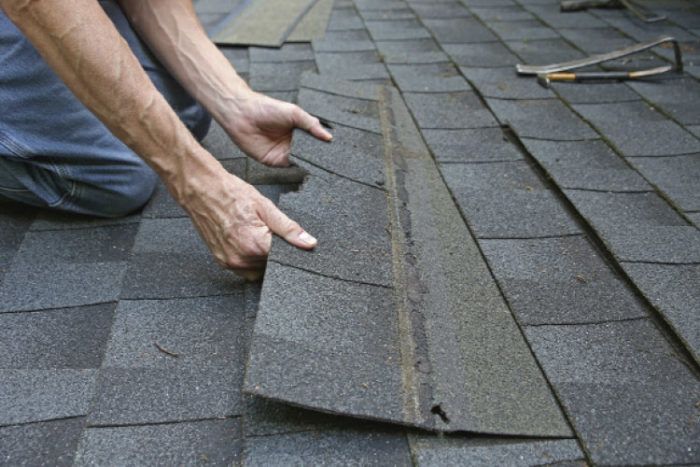Everything You Need to Know About Asphalt Roofing
Asphalt roofs are one of the most popular roofing materials in the United States, valued for its durability, affordability, and versatility. Whether you’re building a new home or replacing an existing roof, understanding the ins and outs of this type of roofing is essential for making informed decisions and ensuring the long-term protection of your property. In this comprehensive guide, we’ll explore everything you need to know about asphalt roofing, from its composition and types to installation techniques, maintenance tips, and more.
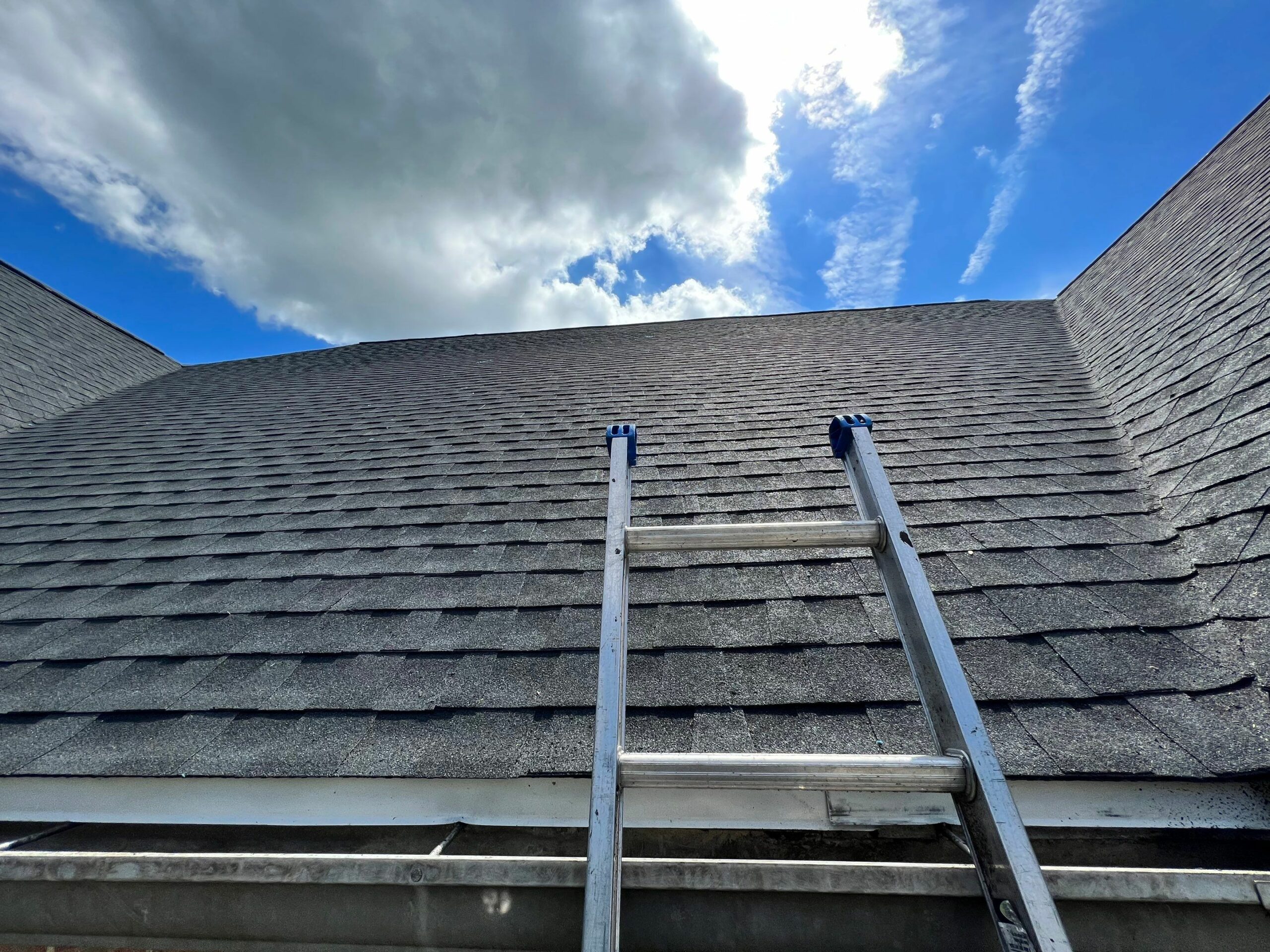
Understanding Asphalt Roofing
Asphalt roofing, also known as composition shingles, is made from a base mat of fiberglass or organic materials coated with asphalt and embedded with ceramic granules. This combination of materials provides excellent weather resistance, UV protection, and fire resistance, making this roofing suitable for a wide range of climates and architectural styles. Available in various colors, textures, and profiles, asphalt shingles can mimic the appearance of more expensive roofing materials such as wood shakes, slate, or tile, while offering superior affordability and ease of installation.
Types of Asphalt Roofing
There are two main types of asphalt roofs: fiberglass shingles and organic shingles. Fiberglass shingles, constructed with a fiberglass mat and asphalt layer, are lightweight, durable, and highly resistant to fire and moisture. Organic shingles, on the other hand, are made from a base of recycled felt paper saturated with asphalt and coated with adhesive asphalt and granules. While organic shingles offer greater flexibility and impact resistance, fiberglass shingles are more dimensionally stable and less prone to warping or curling over time.
Benefits of Asphalt Roofing
Asphalt roofing offers numerous benefits that make it an attractive choice for homeowners and contractors alike. Some key advantages of asphalt roofing include affordability, versatility, ease of installation, and a wide range of style options. Asphalt shingles are also relatively low maintenance and can withstand the rigors of harsh weather conditions, including wind, rain, snow, and hail. Additionally, it is recyclable, making it an environmentally friendly choice for sustainable construction practices.
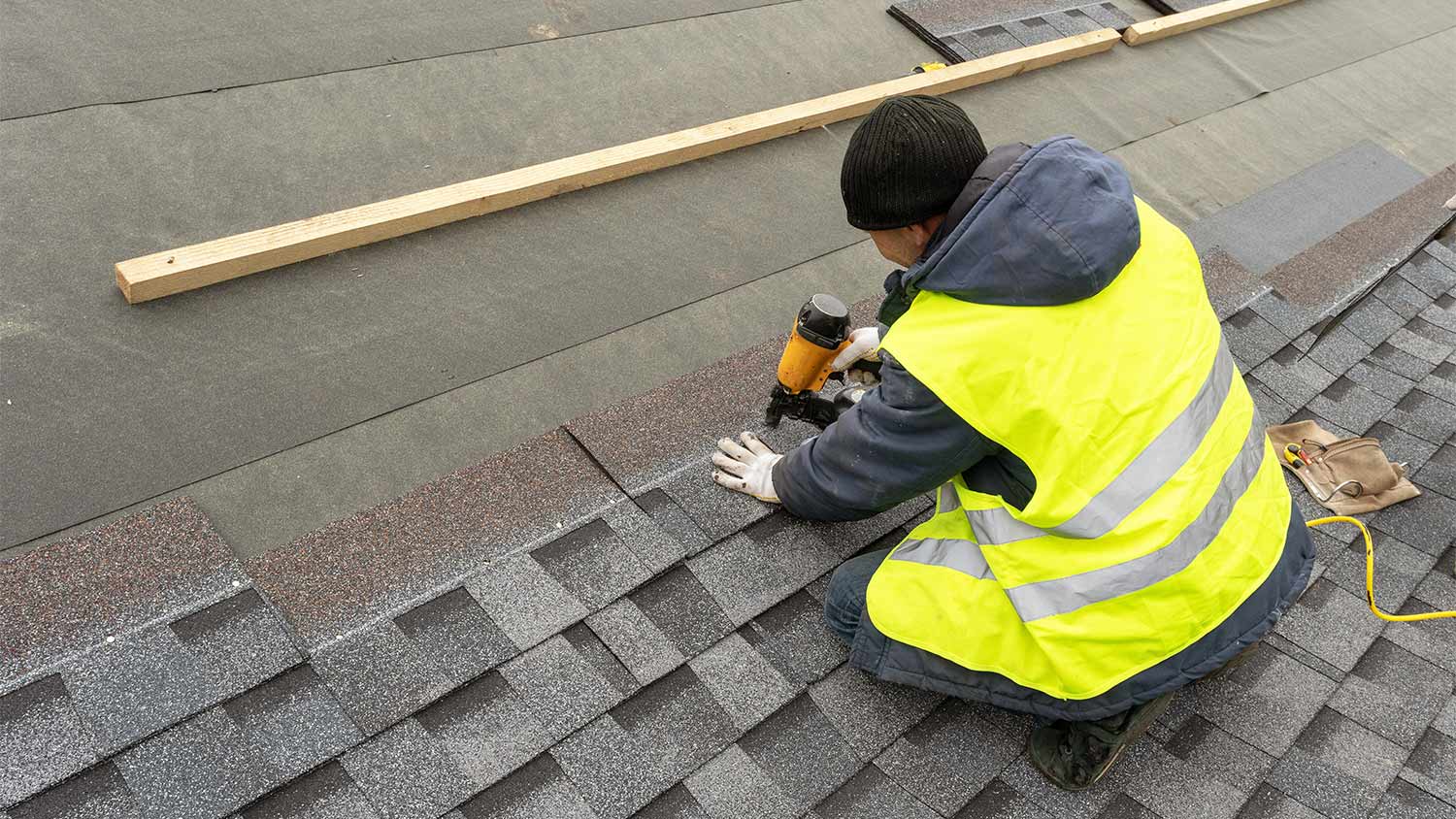
Installation Techniques
Proper installation is crucial for the performance and longevity of asphalt roofing. The installation process typically begins with the application of an underlayment, such as felt paper or synthetic membrane, to provide an additional layer of waterproofing and protection against moisture infiltration. Next, asphalt shingles are installed in overlapping rows, starting from the bottom edge of the roof and working upward, with each row offset to prevent water penetration. Flashing is used to seal roof penetrations, such as vents, chimneys, and skylights, while ridge caps and hip shingles are installed along the roof peaks and ridges for added protection and aesthetic appeal.
Maintenance and Repair
While asphalt roofing is relatively low maintenance compared to other roofing materials, regular inspections and maintenance are essential for prolonging its lifespan and preventing costly repairs. Inspect your roof annually for signs of damage, such as missing or damaged shingles, cracks, or leaks. Keep gutters and downspouts clear of debris to prevent water buildup and ice dam formation. In the event of damage or wear, promptly repair or replace damaged shingles to prevent moisture infiltration and structural damage to the roof deck.
Durability and Longevity
Asphalt roofing is renowned for its durability and longevity, with properly installed and maintained roofs lasting upwards of 20 to 30 years or more. The combination of asphalt’s weather-resistant properties and the protective coating of ceramic granules ensures that asphalt shingles can withstand the harshest elements, including heavy rain, snow, wind, and UV exposure. Investing in high-quality asphalt shingles and professional installation can extend the lifespan of your roof and provide peace of mind for years to come.
Energy Efficiency Considerations
While asphalt roofing is known for its affordability and reliability, it’s important to consider its energy efficiency properties as well. Reflective or “cool” asphalt shingles are available, featuring specially designed coatings that reflect solar heat and reduce heat absorption, thereby helping to lower indoor temperatures and decrease cooling costs during the hot summer months. By choosing energy-efficient roofing options, homeowners can enjoy greater comfort and energy savings while minimizing their environmental impact.
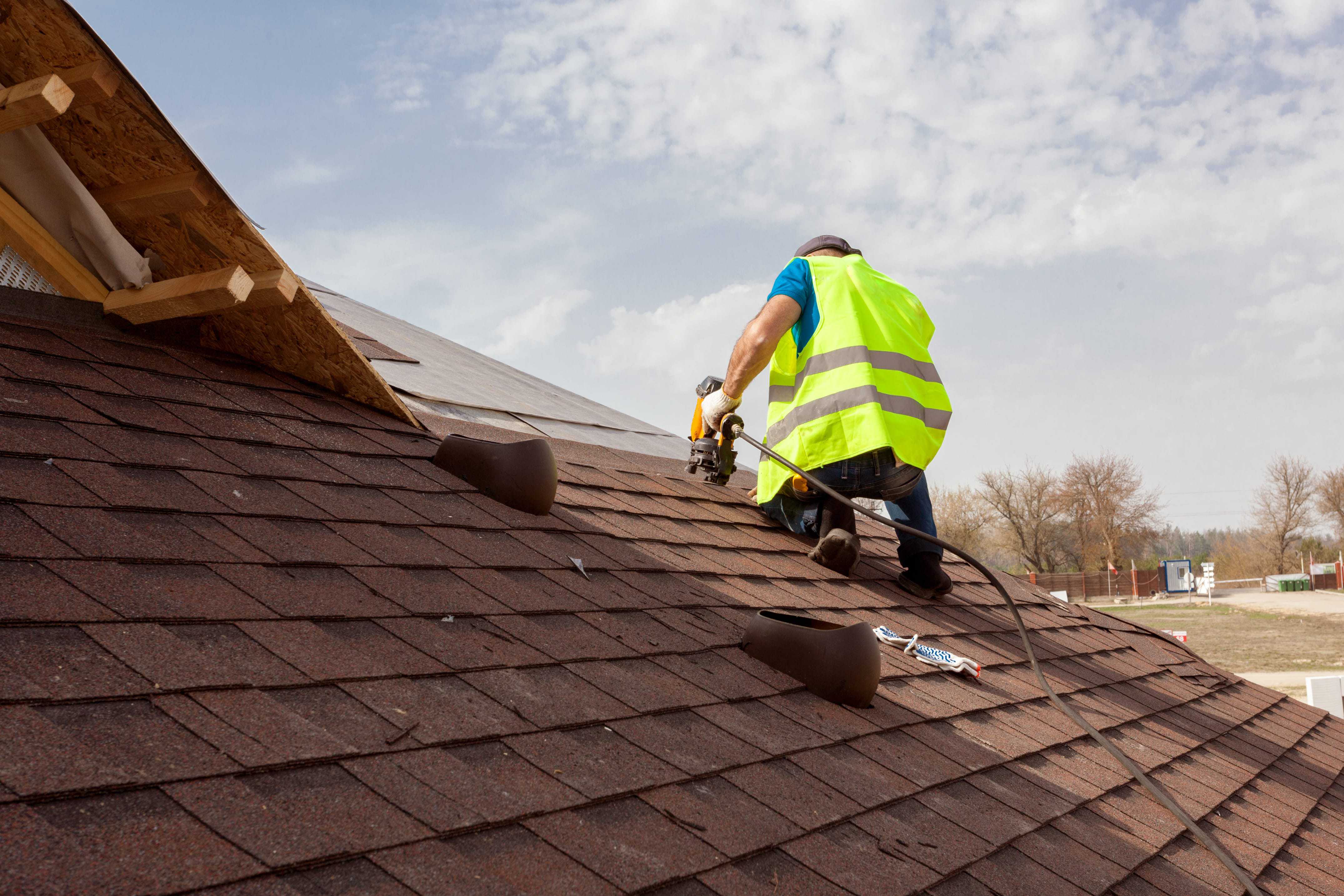
Fire Resistance Ratings
Another important factor to consider when selecting asphalt roofing is its fire resistance rating. Asphalt shingles are classified into different fire resistance categories based on their ability to withstand fire exposure. Class A shingles offer the highest level of fire resistance and are typically recommended for homes located in wildfire-prone areas or regions with strict building code requirements. Class B and Class C shingles provide varying degrees of fire protection and are suitable for most residential applications.
Impact Resistance and Hail Damage Protection
In regions prone to severe weather events such as hailstorms, impact resistance is a crucial consideration when choosing asphalt roofing. Some manufacturers offer asphalt shingles with enhanced impact resistance features, designed to withstand hailstones and prevent damage to the roof surface. These impact-resistant shingles are constructed with reinforced materials and special coatings that provide an extra layer of protection against impact damage, reducing the risk of punctures, cracks, and granule loss.
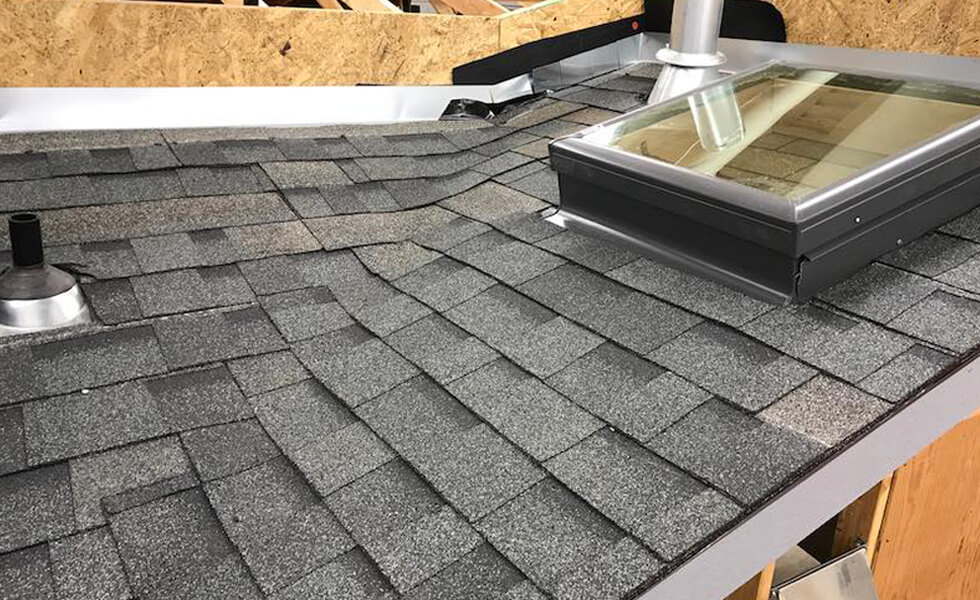
Environmental Impact and Sustainability
Asphalt roofing manufacturers have made significant strides in recent years to improve the environmental sustainability of their products. Many asphalt shingles now contain recycled materials, such as post-consumer waste or industrial byproducts, reducing the need for virgin materials and minimizing waste. Additionally, some manufacturers offer asphalt shingles with extended product warranties and recyclability programs, allowing old shingles to be repurposed into new materials rather than ending up in landfills. By choosing eco-friendly roofing options, homeowners can minimize their carbon footprint and contribute to a more sustainable future.
Wrapping It Up
Asphalt roofing is a durable, affordable, and versatile roofing material that offers excellent protection and aesthetic appeal for residential and commercial properties alike. When you understand the composition, types, benefits, installation techniques, and maintenance requirements of this roofing, you can make informed decisions and ensure the long-term integrity of your roof.
Whether you’re a homeowner planning a roof replacement or a contractor seeking reliable roofing solutions for your clients, asphalt roofing remains a time-tested choice that delivers exceptional value and performance for years to come.
Contact us now for professional roofing services!

